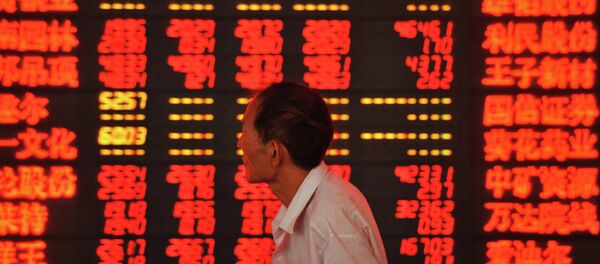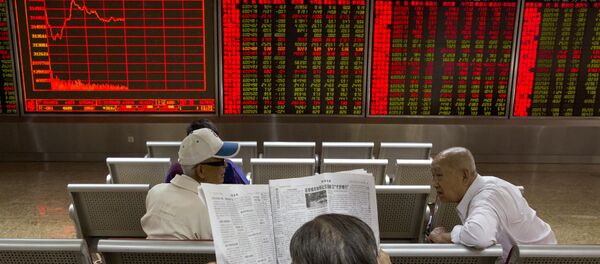Different from being a major maker of international trade rules, the US has become an obvious breaker of them, experts and entrepreneurs from home and abroad said at a forum, warning the US to stop the unreasonable decision and bring China-US economic and trade ties back to normal.
On March 22, US President Donald Trump incited a trade war by signing a memorandum that could impose tariffs on up to $60 billion of imports from China and restrictions on Chinese investment in the United States.
The memorandum is based on the so-called Section 301 investigation into so-called Chinese intellectual property theft launched by the Trump administration in August 2017.
The investigation, based on US domestic laws, went against the international trade rules, said Wang Yiming, deputy director of the Development Research Center of the State Council.
Wang said the logic behind the US trade moves was rough and outdated and the results of the investigation were not objective.
"The measures taken by the Trump Administration were disappointing," said Nicholas Stern, professor of the London School of Economics and Political Science and president of the Royal Economic Society.
The US has adopted a very inappropriate way to address the US-China trade deficit, which does not come from the US's foreign trade with a specific country, it comes from the imbalance between its own fiscal revenue and expenditure, the professor pointed out.
Zhu Min, head of the National Institute of Financial Research at Tsinghua University said that once a trade war starts, the cost, price and flow of commodities will all change. The US was a major maker of international trade rules, but what it is doing is obviously sabotaging the rules, Zhu added.
On March 23, China's Ministry of Commerce announced that it planned to impose tariffs on $3 billion worth of American-produced goods. According to Zhu, China's response once again called for rational and careful decisions by the US.
China and the US are economically interrelated and a longer period of dialogue is needed to solve their dispute, said Charles-Edouard Bouee, CEO of international consulting firm Roland Berger, who added that China has expressed its clear stance that this is not a unilateral dialogue and the US should also be engaged in this.
An important cause of the trade imbalance is the fact that US goods are less competitive in the Chinese market, said Long Guoqiang, deputy director of the Development Research Center of the State Council. "Solutions to the US-China trade deficit do not come from cutting exports from China, but from US enterprises making their products more competitive," he pointed out.
Lawrence Summers, a Harvard economics professor, said a trade war will never help to achieve win-win results. Former World Trade Organization Director-General Pascal Lamy said that instead of trade protectionism, negotiation and cooperation is the only way to solve trade frictions.
This article was originally published in the Global Times.







